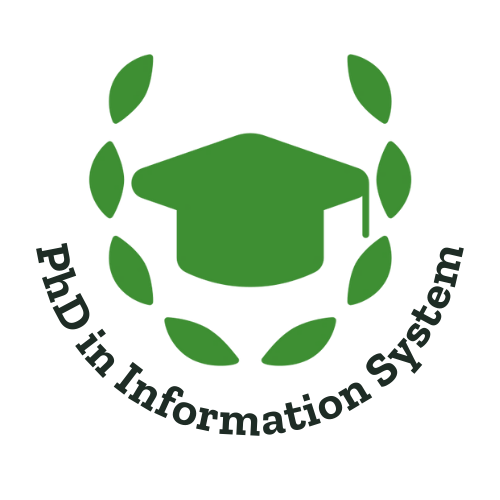Deciding to Pursue a PhD in your 40s and 50s, time has a whole new meaning. Researchers find that people in their 40s and above tend to value different things like relationships and making a difference. For example, Carstensen et al (1999) suggest that time plays a role in our goals and behaviors when time is viewed as limited or expansive.
I always knew I wanted to earn or pursue a PhD but other things in life took over. It wasn’t till I was in my 40s that I decided it was time to pursue that goal. If you’re in your 40s and 50s and ever thought about Deciding to Pursue a PhD, there’s no better time than now.
After working in industry for many years, I went back to school in 2011 to complete my master’s. In another post, I’ll talk about that journey and how I decided on doing it in a business school rather than the school of engineering.
Like many people, I completed my master’s degree while working. Afterward, I decided to go ahead and apply to pursue a PhD. This decision was not easy. I had been talking about my intent with two of my professors during my master’s program. They were supportive.
There are many things to consider in Deciding to Pursue a PhD in your 40s and 50s.
The decision might involve resigning from my job. Oh no, this was not an easy one. The decision might involve not always being available for my kids who were in middle school and junior high school at the time; also not an easy one. What was I going to do about income if I left my job to pursue a Ph.D. education full time?
You see, many of the reputable schools in my area only accepted full-time students. This made the online pursue a PhD programs seem inviting, if only for a fleeting moment. But, a good friend of mine and the two professors steered me away from that notion.
The income question also led me to think of pursue a PhD in the UK. Many of the Ph.D. programs in the UK had 3-year commitments rather than 4. Again, I was steered away from that decision because I had a growing family.
It came down to 3-4 universities. My choice of the University of North Texas and their selection of my candidacy was perfect. In hindsight, it is still the best decision, especially because of the culture; collaborative, but at the same time, rigorous.
I did quit my job. Though it was a hard decision, it is one that I’ll make again given the Ph.D. workload. I had saved some money from working full-time for a number of years. Since I was a student, I was going to live like a student. Besides, the Ph.D. program was funded by the school: tuition and a little stipend.
The first semester of my Ph.D. Education (in my 40s)
The start of my first semester was a bit difficult. I was learning so many new things at the same time. I was learning another way of thinking about problems. But most of all, I was learning how to unlearn stuff.
Because I came from industry where I had spent almost two decades, I had a way of thinking that was at odds with academia. I just could not reconcile academic thinking with what I already knew. I kept hitting roadblocks because of this.
A professor advised me to recognize that these were two hats that I was trying to wear at the same time and that I needed to take off the industry hat for a bit so I can wear the research hat. It was a tug of war, but I eventually learned how to move seamlessly from one space to another.
When most of your classmates are in their 20s and 30s
Out of a cohort of about 16 Ph.D. students, only two of us were in our 40s. The work/reading load was unlike anything I’ve experienced before. I used to say I enjoyed reading. After that first semester, the exercise that used to bring me joy became a burden.
My previous work experience helped me in one key aspect. It helped me with time and project management. I treated each class like it was a project with a start and end date, and deliverables. I knew how much I had in the day and how to split the time based on the deliverables. I accounted for 15 minutes intervals.
At the time, pdf reading apps were not popular but I found the available ones and used it for reading articles as I drove back and forth from school. I read while cooking or doing other chores at home.
Even though I knew I could strive to complete my Ph.D. in 3 years, I knew the cost to my family and my research portfolio. It meant that I would spend more time on the education front and even less time with my family. It was a cost I wasn’t willing to bear. So, I took the normal route of 4 years.
I am happy I took this journey.
What about you, what’s your story?

